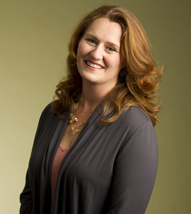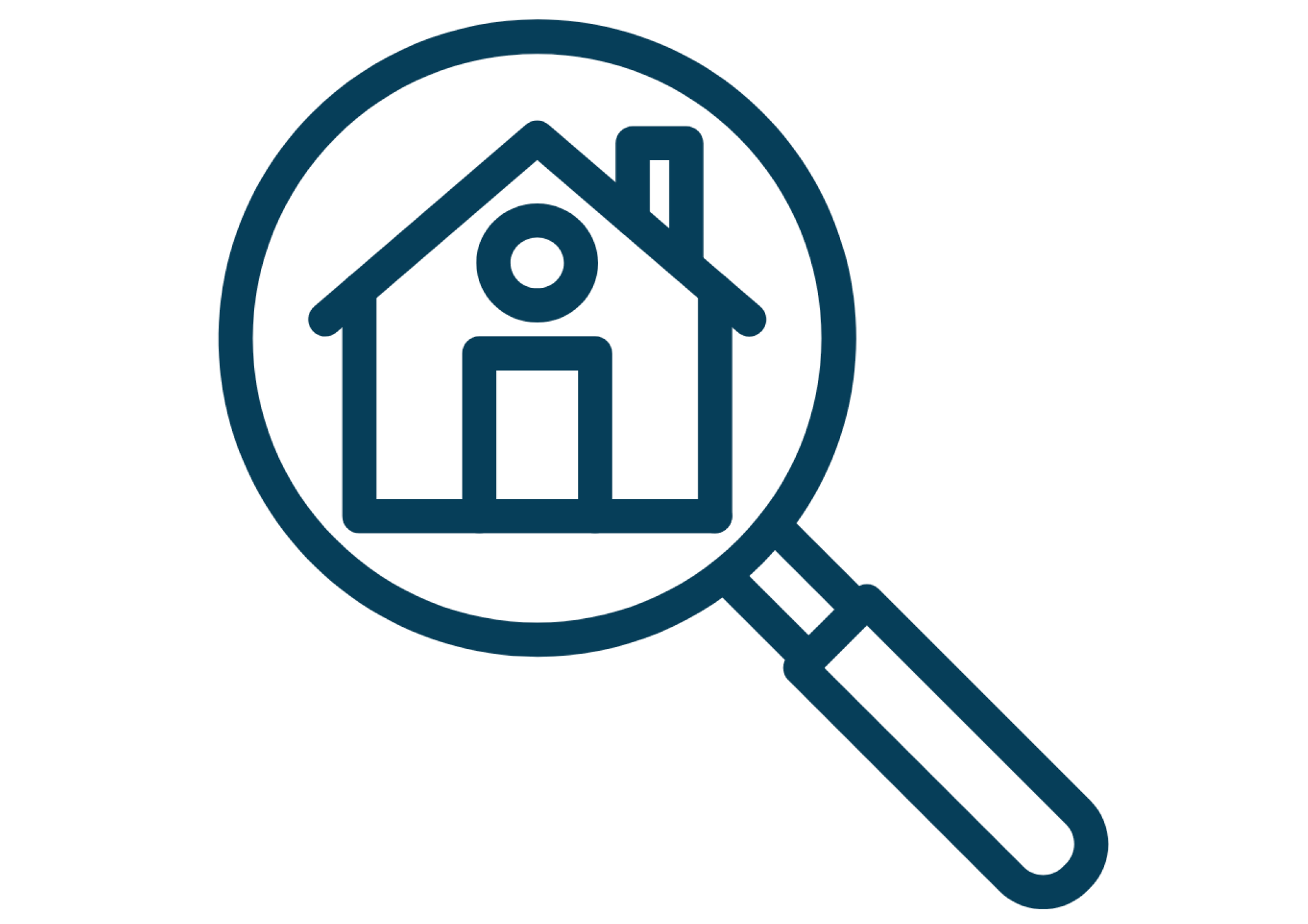This is part two of our newest feature: Meet the Board! Members of the Clearinghouse Board of Directors work in both the legal and nonprofit sectors. Their wide variety of practice areas and skill sets are an invaluable resource as the Clearinghouse expands its programs and seeks new and better ways to serve the community. We hope this feature will offer insight into board service and the many ways attorneys can volunteer their time and expertise.
 A partner at Klein Hornig LLP, Teresa’s practice focuses on affordable housing and community development. She regularly works with area nonprofits in all stages of development, assisting them with governance, mergers, taxation matters, and compliance issues. Teresa is also a frequent and highly popular presenter with the Clearinghouse’s Legal Workshops for Nonprofits program.
A partner at Klein Hornig LLP, Teresa’s practice focuses on affordable housing and community development. She regularly works with area nonprofits in all stages of development, assisting them with governance, mergers, taxation matters, and compliance issues. Teresa is also a frequent and highly popular presenter with the Clearinghouse’s Legal Workshops for Nonprofits program.
Teresa has been a member of the Clearinghouse Board of Directors for six years and in September she was elected as the new board president. Below, Teresa explains why she became a lawyer, how she was connected with the Clearinghouse, and talks about her most memorable pro bono experience.
Why did you pursue a legal career? I started my career in nonprofit management. I went to law school at night and assumed that I would return to the nonprofit management world. However, during law school I encountered interesting, creative people who had built mission driven practices and decided to see if I could create something similar.
What drew you to your practice area? I have always been interested in community development issues. Klein Hornig LLP was a small new firm when I joined with an affordable housing and community development focus. Several mentors along the way helped me hone my practice and explore new areas.
How were you initially connected with the Clearinghouse board and why do you feel board service is important? Klein Hornig LLP has been affiliated with the Lawyer’s Clearinghouse since it was formed. Jonathan Klein was a founding member, but I came into contact with the Clearinghouse about 10 years ago at the MNN conference. I was wandering around the information tables and met Maribeth and Machiko. They were informative, interesting and delightful. I gave them my number and within a week they can called me to see if I wanted to take on a pro bono matter. After several pro bono cases Machiko asked if I might be willing to give a seminar. That was a great fit for me and I have really enjoyed being part of the educational programs run through the Clearinghouse. It has been an honor to serve on the board. It is a wonderful group of people committed to providing needed pro bono services in our community.
Why do you think the Clearinghouse’s work to connect nonprofits with free attorneys is important to the community? We have no shortage of talented people with wonderful ideas that can benefit our community, but sometimes those people need a little help formalizing and sustaining their ideas. When a pro bono attorney provides guidance at the outset of a nonprofit endeavor, it can make a real difference to the nonprofit’s success. Through the educational programs the Clearinghouse can also help nonprofits stay current, and understand various compliance issues.
Do you have advice for younger lawyers interested in pro bono? Absolutely. Don’t be shy. Jump in. Work with the Clearinghouse. They are a great platform to help get involved.
What is your most memorable pro bono experience? I really enjoy the seminars. In particular, I like working through case studies with the seminar groups. In every instance I learn from the participants’ experiences.
Alternatively – I particularly remember one of the first pro bono cases I took on. It was a small group forming a nonprofit. I worked with the group on and off again for a year to help them pull together their organizational documents and apply to the IRS for 501(c)(3) exemption. The following year they came to me and let me know that they had decided to dissolve and asked for help through the process. They were not ready to take on the responsibilities of a nonprofit. While that may seem like a colossal waste of time, as a younger attorney it was actually a good experience for me to see a nonprofit through its entire life cycle – from beginning to end. I also learned in that process that working with the client to really understand ongoing compliance was just as important as helping them incorporate.


